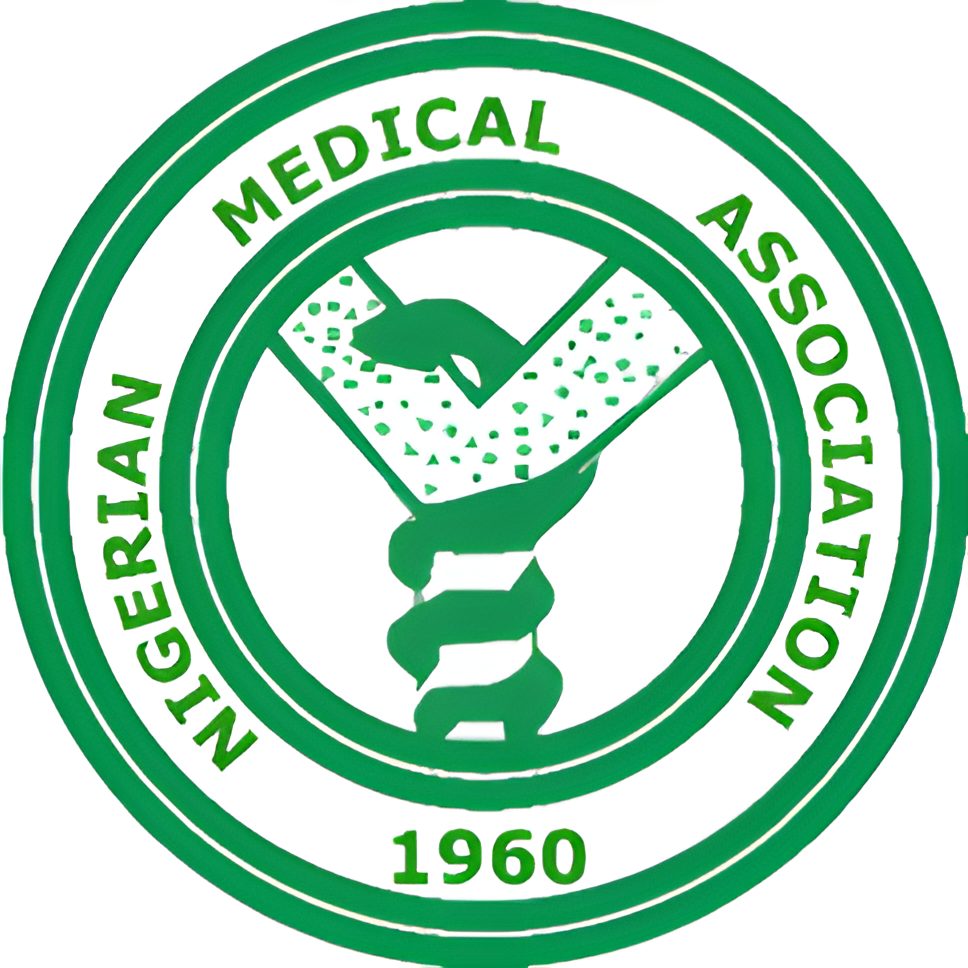The National Association of Resident Doctors (NARD), which represents physicians, has once more threatened to embark on a strike if the Nigerian government does not agree to its demands.
This development is described in a communique that was released following the National Executive Council (NEC) meeting of the NARD, which took place in Lafia, Nasarawa State, from July 25 to July 30.
The association’s president, Godiya Ishaya, signed the statement.
The doctors said that both the federal and state governments had previously broken their commitments to them.
It claimed that four states—Imo, Ondo, Ekiti, and Gombe—owe their doctor workforces salary and other backpay in arrears of 10, 5, 3, and 2 months, respectively.
“The NEC shall by the expiration of the two weeks ultimatum, reconvene to review the progress made so far and take further actions for which nationwide industrial harmony may not be guaranteed,” the doctors said in their communique.
Other Demands
The quick implementation of the new hazard allowance and payment of arrears are among the demands made by the doctors.
NARD claimed that after numerous discussions with the government, some arrears for the years 2014, 2015, and 2016 have not been paid.
The doctors pointed out that some of their patients have not yet benefited from the resulting adjustment since the increased minimum wage went into effect in 2019.
“The NEC demands immediate payment of consequential adjustment of minimum wage to our members who have been deprived of this benefit since it was implemented several years ago.”
Given the nation’s current economic condition, the doctors are also requesting an immediate revision of the Consolidated Medical Salary Structure (CONMESS) and other associated allowances.
The doctors stated that this is also in accordance with the previous Collective Bargaining Agreement’s (CBA) agreed-upon terms that it will be evaluated on a regular basis.
The Abia State Government’s implementation of the Medical Residency Training Act (MRTA 2007) and the payment of 26 months’ worth of salaries owing to resident doctors at the Abia State University Teaching Hospital were both criticized by NARD as having made little progress (ABSUTH).
It urged the state government to adhere to the most recent agreement, which calls for paying its members’ arrears of two and a half months’ salaries each month until the debt is paid in whole.
The association urged the government to allocate 15% of the national budget, as agreed upon by the leaders of African nations, to the health sector.
The doctors demanded that action be made to stop the brain drain from the health industry and to find a means to remove all bureaucratic barriers to hiring and replacing doctors who leave the country for better opportunities.
The NARD also denounced assaults on its members by the general public and on other medical professionals at work.
It urged the government to look into the situation and fully probe the active cases.
It further demanded that steps be taken to stop this threat in its tracks in order to prevent further harm occurrences, noting that “these inhumane acts have affected its members both physically and mentally.”



















